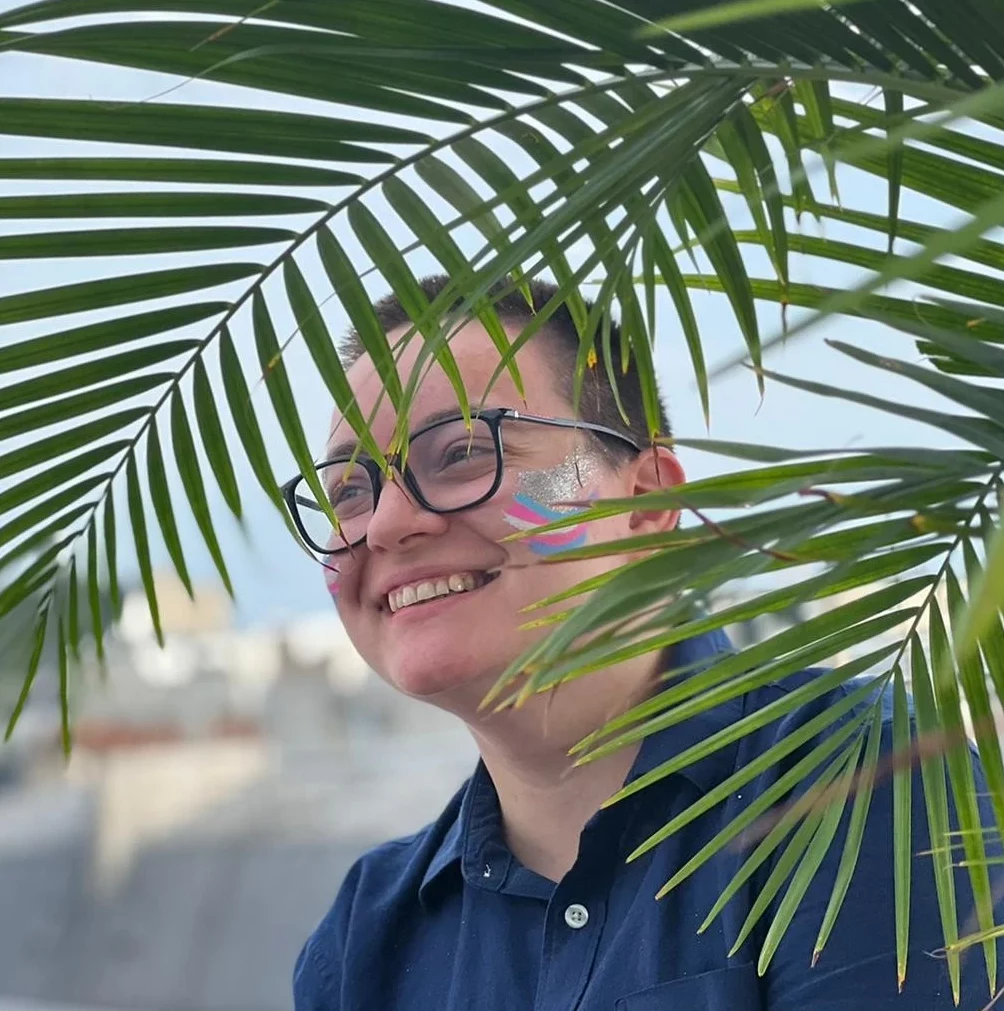How do we make and keep friends in an era of distraction, burnout, and chaos, especially in a society that often prizes romantic love at the expense of other relationships? In Platonic, Dr. Marisa G. Franco unpacks the latest, often counterintuitive findings about the bonds between us—for example, why your friends aren’t texting you back (it’s not because they hate you!), and the myth of “friendships happening organically” (making friends, like cultivating any relationship, requires effort!). As Dr. Franco explains, to make and keep friends you must understand your attachment style—secure, anxious, or avoidant: it is the key to unlocking what’s working (and what’s failing) in your friendships.
I’ve been changing my entire world every decade at most for my entire life, and it gets lonely out there.
Moving to a not-actually-new city and having to start from not-really-scratch has been very hard for the past six months, and my whole approach of friendship doesn’t help – I struggle a lot with keeping friends, with creating relationships that aren’t a Fight Club type « best friend for the duration of one flight » thing.
So, a bit desperate, I read this book.
Turned out it wasn’t a self-help mess that should have been six, maybe eight if I’m generous, instagram slides (looking at you, The Mountain is you) but a well thought out book with many, many psych studies references. I’ll put it in the « acceptable pop science books » section over there (it’s the one that I hope will be safe from the If Books could kill podcast).
Platonic is an excellent book. It starts with attachment theory, which I don’t really vibe with (possibly because I’m avoidant), and then uses it as a loose framework for the actually interesting stuff instead of rigidly closing up every paragraph into one or the other type of attachment. This way, everyone gets to learn something!
The book talks about making new friends, about keeping them, about being less afraid of rejection and about accepting invites more often if you want people to actually invite you again (oops). It also has a huge part about conflict, which can get a bit… American… and ends with very valuable tips for being a minority with « majority » friends. This had some stuff I had never read before and I found it really excellent.
Bref: a great read, for me at least.

Happy new year! After talking about my low-stakes accomplishments and the non-book media I consumed in 2023, it’s time to share my reading retrospective. It’s…
Posted in reply to Alex (Platonic – How the Science of Attachment Can Help You Make and Keep Friends)
Just wanted to say thank you for a very good recommendation. For me, it was a hard read for a moments, because I could see my mistakes in a lot of the descriptions. Still, I will probably be rereading the specific chapters in a slower pace.